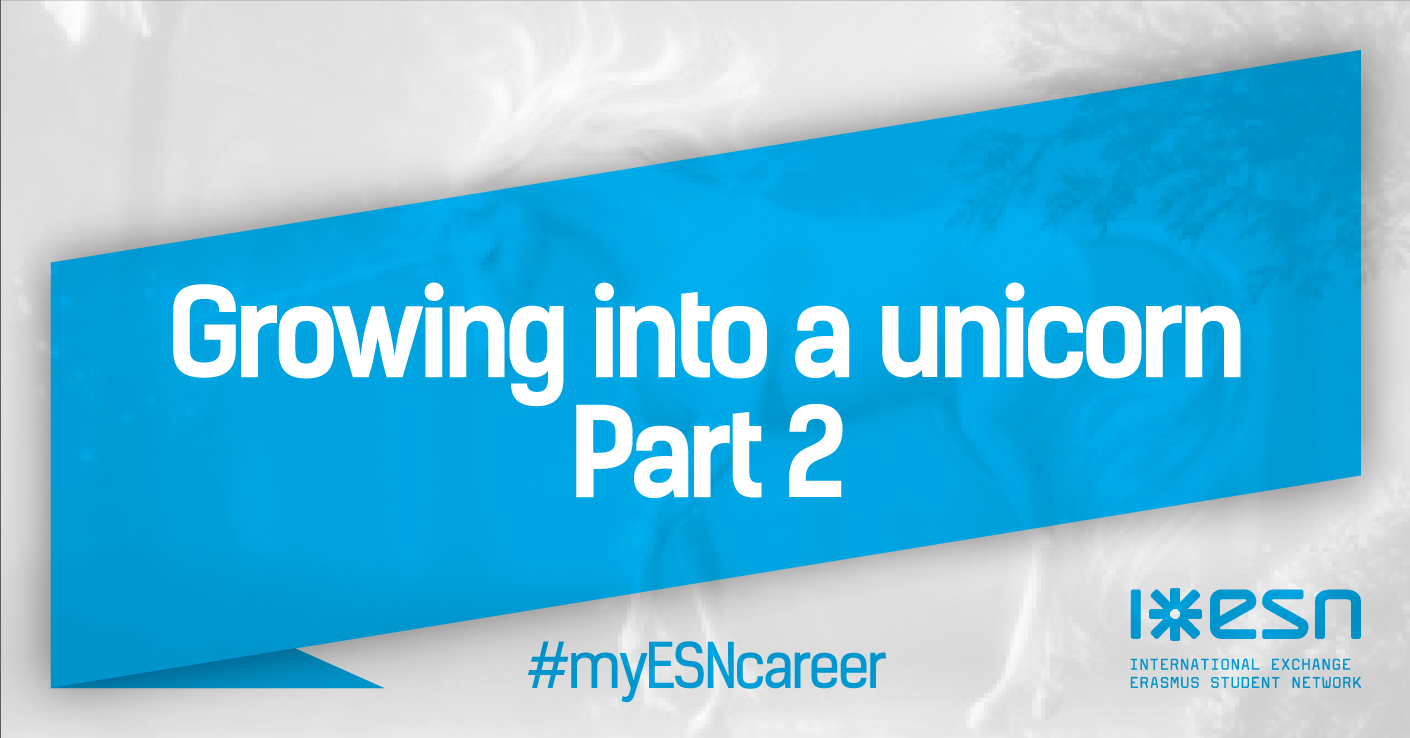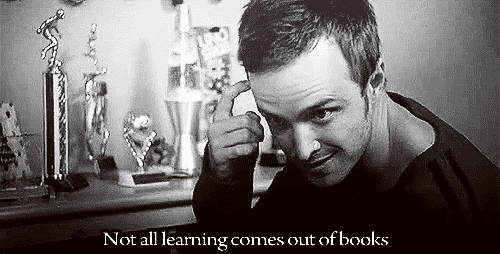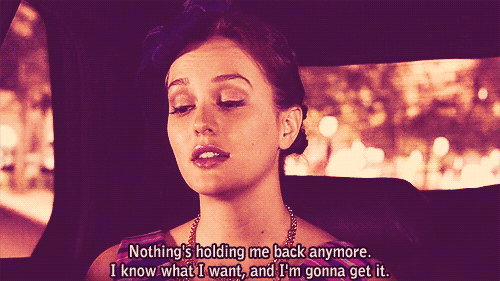
In the last article in the series we were introduced to Lucy - an up-and-coming nurse - learning the three categories that are crucial to becoming a unicorn in the job market. This article will be all about learning. How to acquire the right skills, knowledge, and attitude.
Have you been told the same story by your parents as the rest of us? You probably have. It’s the one that goes “Study hard, get good grades, and you’ll get a job.” Not that completely wrong, it’s just that there is a difference between education and learning. As Joi Ito said, "Education is what people do to byou, learning is what do to yourself."
What exactly is learning and how is it different? Learning is the pursuit of knowledge, pursuit of getting new skills, pursuit of becoming better. Learning is not confined to childhood or classrooms, schools or universities.
Think about learning as a game of Tetris. Finding ways the separate pieces of information fit into each other in the best way possible. You play on your own, there is no opponent, nobody is trying to make you lose. And yet, if you recall there is no way to win Tetris. Your score just keeps increasing the longer you play.
Why is it that everyone keeps mentioning studying? Mainly because it’s the most common way of learning, especially if you’re following a traditional education programme. Let’s open our eyes though. There is so much more to learning than just studying!
Formal education
Let’s start with the obvious. All of us have gone through some sort of formal education. Perhaps this setting sounds familiar to you: The teachers stand in the front of the classrooms, you listen to them, push yourselves to study for the exams, and get rewarded by a shiny diploma in the end. While some people flourish in this system, many others don’t.
This is not to spread doom and gloom about formal education. Formal education definitely has its place in the society - mainly for acquiring knowledge, such as Lucy’s medical one -it’s just important to point out that formal education on its own is not enough nowadays; there are also other ways to learn.

Non-formal learning
When all done well we are learning without even knowing it. The roles of the teacher/student become very blurry, the learning environment is very flexible, the learning itself might not even be the main activity.
Imagine this setting: Lucy the nurse participates in a workshop on dealing with patients. The participants discuss the different approaches there are to certain situations and act out a couple of scenarios live using the participants as actors. The leader of the workshop is on the same level with everyone else and only acts to steer the workshop in the right direction.
While there might not be a clear outcome of the workshop, Lucy has still learned a lot, mainly from the participants themselves, from experiencing the situations hands-on, and from being in a buzzing engaged environment. Non-formal education is the best way to go to improve your soft-skills and attitude. Ever heard of Eduk8? ESN has a whole learning programme focused on improving these aspects of ESNers!

Informal learning
That’s not all though. Just like there were three categories to look for in the last article, there are three ways to learn. This last one is totally up to you - also called learning-by-doing. It’s where you have to push yourself to learn more, purely fueled by your own curiosity and will. It’s where there are no curricula or teachers. It’s where you take the challenge and jump right into a task outside your comfort zone. It’s Lucy spending her own free time to practise and improve her skills. It’s keeping yourself on top of your industry, learning every day.

There you have it, the three ways to learn and improve your skills, knowledge, and attitude. Remember, keep these in balance and look for diverse ways to learn new things! Now when we know what to look for and how to learn, the only thing missing is learning how to convince the employers it’s what they want. We will cover these in the next articles.
#myESNcareer

Follow ESN